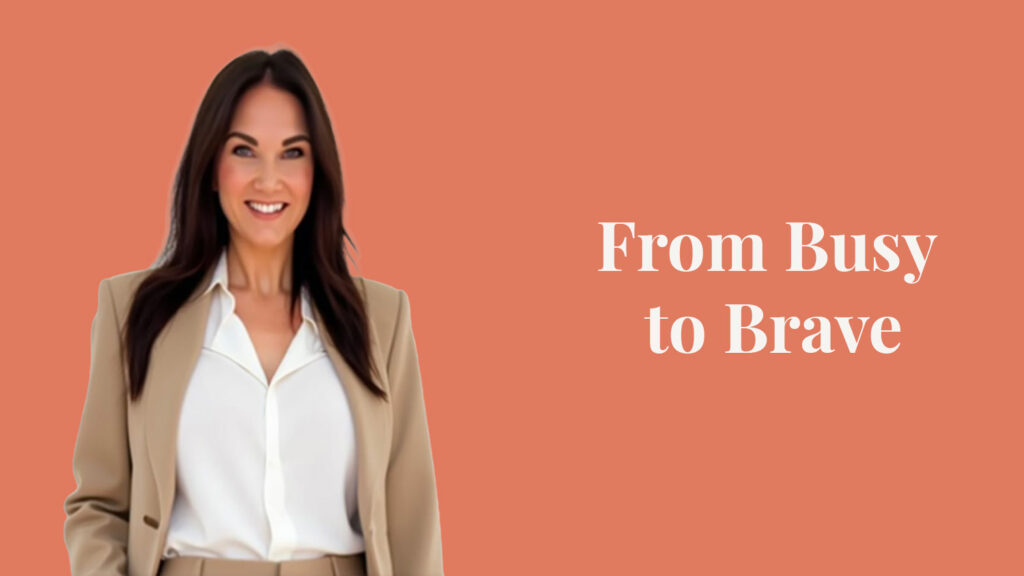There’s a certain kind of exhaustion that doesn’t come from laziness, but from caring too much about too many things.
If you’re an Arabic teacher who’s ever stared at a lesson plan thinking, “There’s just too much to cover” or “I’m not sure this is making the impact I hoped for”, then you already know what I mean.
We are surrounded by mandates, booklets, frameworks, pacing charts, expectations. And yet—despite doing more—we sometimes feel less satisfied. Less connected. Less effective.
Why?
Because we’re busy.
But not always brave.
The problem with ‘busy’ teaching
Busy teaching feels productive. It looks full. It keeps us active. It ticks boxes.
But busy teaching isn’t the same as bold teaching.
In fact, the busiest lessons are often the most forgettable. There’s no space to reflect. No room to breathe. No time for wonder.
We don’t just want to get through the curriculum. We want to get into our students’ hearts and minds. We want to teach Arabic in a way that makes them care, not just comply.
That kind of teaching requires bravery.
What does brave teaching look like?
At The Cambridge Consultancy Group, we encourage Arabic teachers to ask a powerful question:
If I stripped this lesson back to its most essential idea — would it still matter?
That’s the test.
Brave teaching means:
- Saying no to clutter and yes to clarity.
- Choosing depth over coverage.
- Designing for purpose, not performance.
- Trusting your professional instinct over your planning grid.
It means teaching less, but teaching what matters more.
Try this: The “Essential 3” Redesign Method
Here’s one of our favourite tools for refocusing a lesson when it starts to feel too busy:
- Essential Concept: What is the single most important thing I want students to understand or feel today?
- Essential Language: What key vocabulary or structure do they need to use fluently in context?
- Essential Connection: How can I connect this to their lives, identities, or culture?
If something doesn’t serve one of those three — cut it, pause it, or move it.
When you focus your lesson through these lenses, you activate attention. You honour time. You teach with purpose.
Being brave is also being kind (to yourself)
Let’s be honest: letting go of busy lessons can feel uncomfortable. We feel guilty. We worry about judgment. We imagine the inspector with the clipboard, or the parents asking about the worksheet that didn’t go home.
But here’s the truth: your job isn’t to fill time. It’s to shape minds. And that requires courage.
If you’ve been feeling overwhelmed, overextended, or simply unfulfilled — it’s not because you’re not good enough.
It’s because you’re ready for the next level of your practice.
The level where clarity replaces chaos.
Where brave choices replace busy routines.
Where impact replaces activity.
So here’s your invitation
This week, choose one lesson. Just one.
Redesign it around what actually matters.
Be brave. Simplify. Connect.
And if you need someone to walk alongside you while you make those changes — that’s what we’re here for.
At The Cambridge Consultancy Group, we coach Arabic teachers not just to teach better, but to feel better about what they teach.
Because when you’re brave, your students follow your lead.
And when you teach what really matters — they never forget it.


